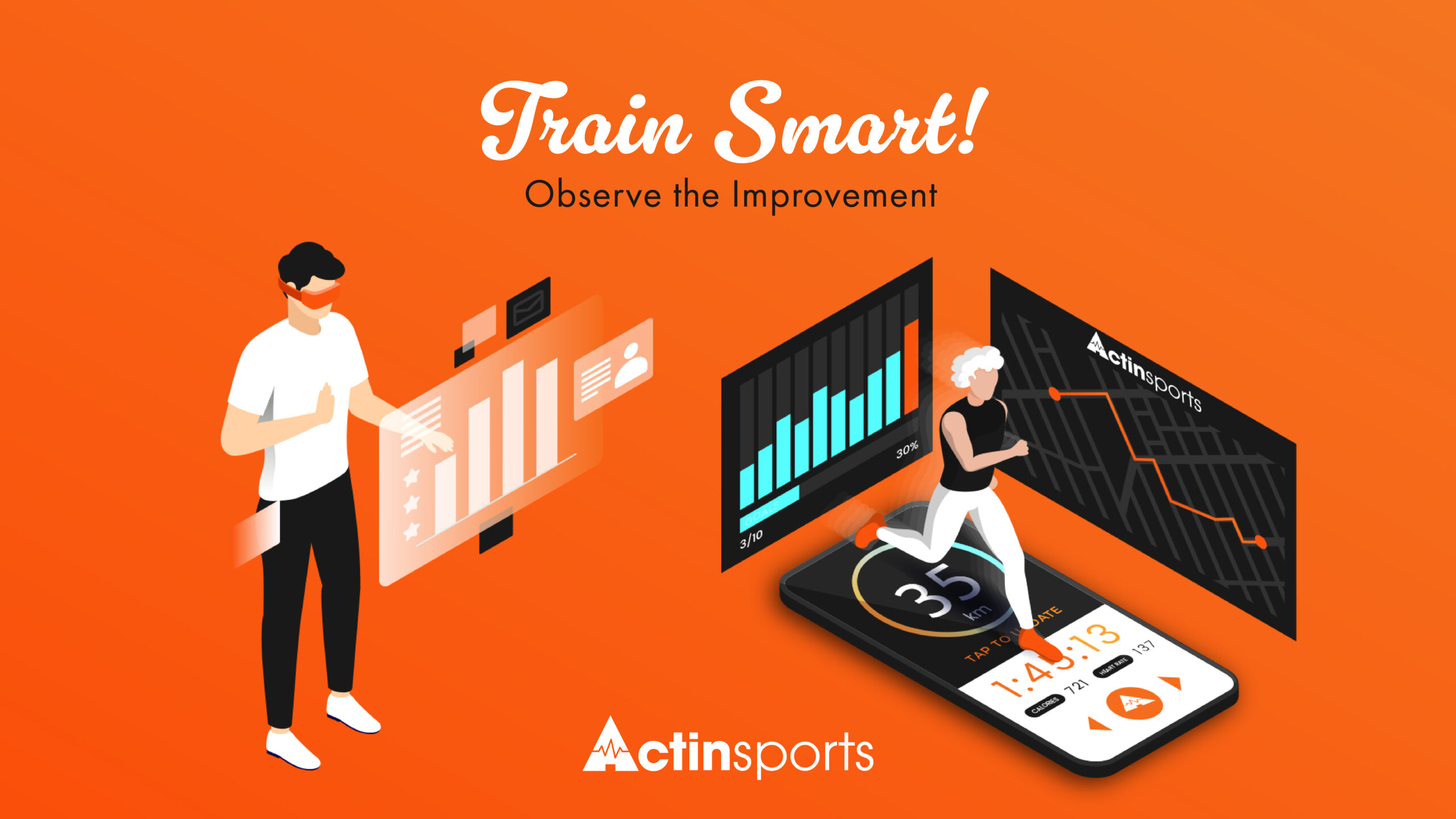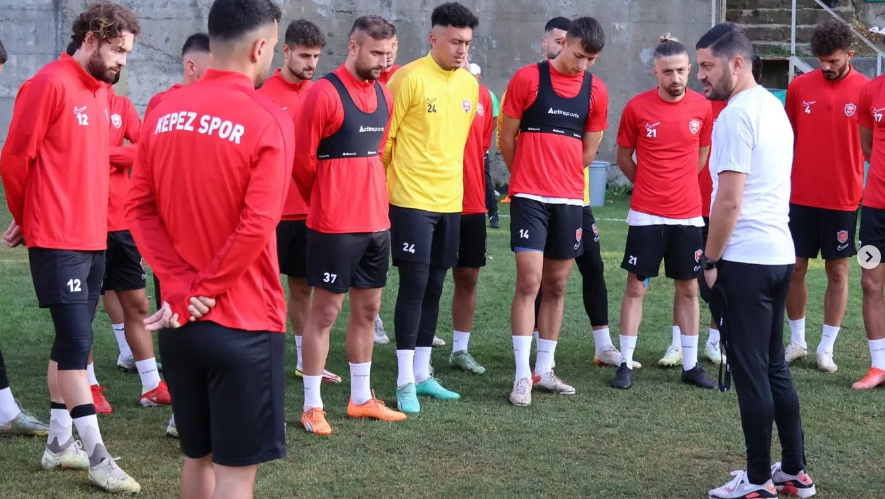Introduction
Football has always been a game of skill, strategy, and endurance, but recent advancements in technology are revolutionizing the way teams train and perform. Smart training integrates data-driven insights, wearable technology, and AI-powered analytics to optimize player development, reduce injuries, and enhance team performance. In this article, we explore how smart training is shaping the future of football.
The Evolution of Training in Football
Traditional football training relied heavily on coach observations, player instincts, and manual performance tracking. While these methods remain crucial, the integration of smart training technologies now allows teams to personalize and optimize their training regimens with unprecedented precision.
Key Components of Smart Training
1. Wearable Technology for Performance Tracking
- GPS trackers, heart rate monitors, and accelerometers provide real-time data on speed, distance, sprint intensity, and fatigue levels.
- Smart vests and sensor-equipped clothing offer insights into biomechanical movements and workload distribution.
2. AI and Machine Learning in Training
- AI-driven analytics platforms analyze match data, helping coaches develop personalized training programs based on player strengths and weaknesses.
- Predictive algorithms assess injury risk and recommend workload adjustments to prevent overtraining.
3. Virtual Reality (VR) and Augmented Reality (AR)
- VR-based training enhances decision-making by immersing players in real-game scenarios without physical strain.
- AR overlays provide instant feedback on passing accuracy, dribbling efficiency, and shooting angles.
4. Load Management and Injury Prevention
- Tools like Acute:Chronic Workload Ratio (ACWR) track training loads to maintain an optimal balance between exertion and recovery.
- AI-powered rehabilitation programs assist injured players in returning to peak form more effectively.
5. Tactical Analysis and Smart Coaching
- AI-assisted video analysis dissects match footage to identify tactical patterns and positioning mistakes.
- Smart coaching apps provide instant feedback on player movement and passing accuracy, helping teams refine strategies.
Benefits of Smart Training in Football
1. Optimized Player Performance
Data-driven training plans ensure that players work on their weaknesses while enhancing their strengths.
2. Injury Risk Reduction
Smart load management and movement tracking minimize the likelihood of injuries, keeping athletes in peak condition throughout the season.
3. Enhanced Tactical Awareness
AI-driven match analysis helps teams make better in-game decisions and develop counter-strategies against opponents.
4. Personalized Training Programs
Every player is unique, and smart training enables customized workout plans based on individual fitness levels and playing styles.
5. Competitive Edge
Teams that embrace smart training gain a significant advantage over opponents still relying on traditional training methods.
The Future of Smart Training in Football
As technology continues to evolve, smart training in football will become even more sophisticated. The integration of AI-driven coaching assistants, advanced biomechanics analysis, and 5G-enabled real-time performance monitoringwill redefine the sport, making training more efficient and effective than ever before.
Conclusion
Smart training represents the future of football, blending technology with traditional coaching methods to create the ultimate performance-boosting system. By leveraging data, AI, and wearable tech, teams can elevate their game and ensure long-term success in the ever-evolving world of football.



